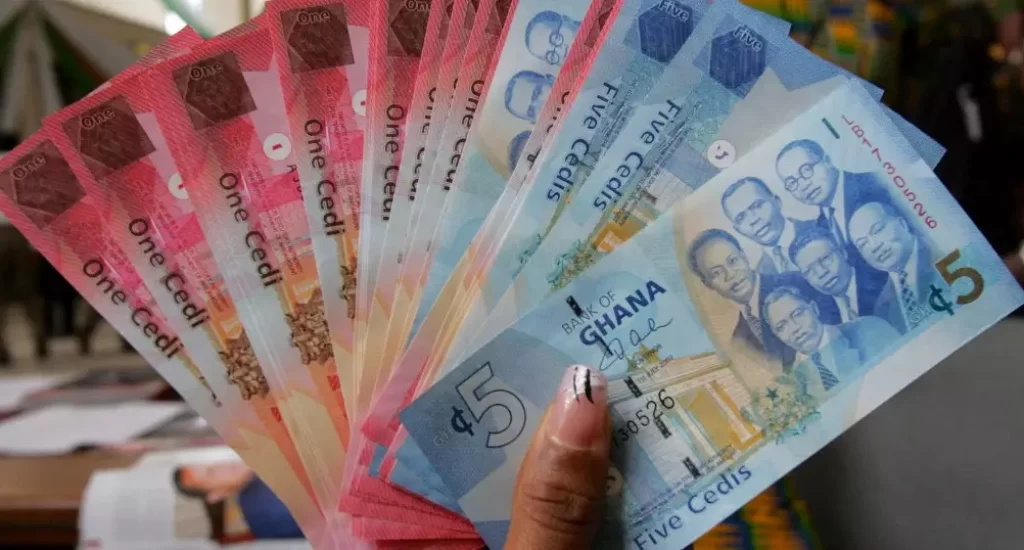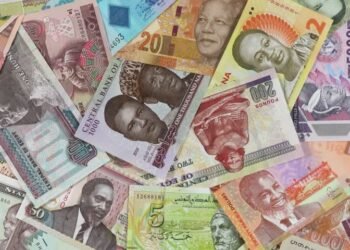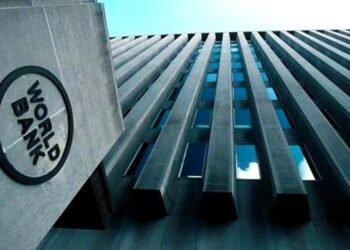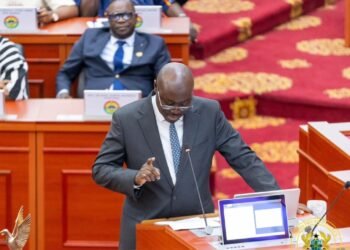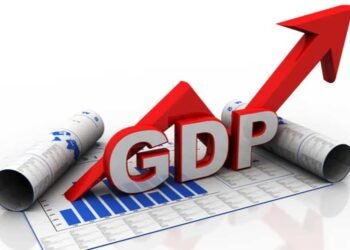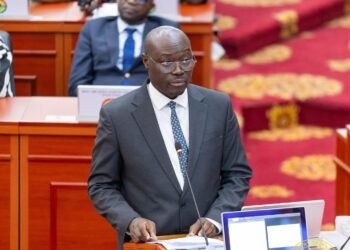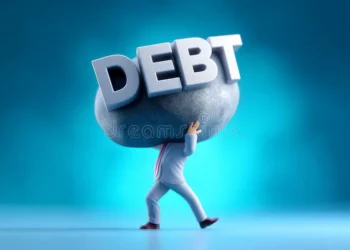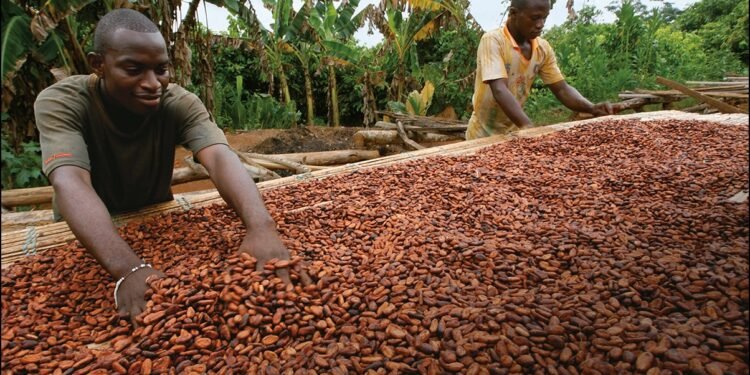Some economists and politicians have argued that the stability of the Ghanaian cedi relies more on external factors than on any significant government policy.
As a result, they believe it is only a matter of time before the currency’s vulnerability resurfaces and it reverts to its typical volatility.
While concerns persist about the projected rebound of the U.S. stock market, as indicated by the S&P—an event that could further strengthen the dollar—others maintain that the government has a responsibility to assert itself.
Speaking in an interview with the Vaultz News, Bismark Osei, an economist at the CK Tedam University of Technology and Applied Sciences, noted that although the government may not have played a major role in the cedi’s current appreciation, it should take advantage of the present stability to demonstrate its capability in sustaining or even improving the cedi’s performance against key currencies like the dollar.
He stated that it would be premature to attribute the recent economic gains to the government’s gold purchasing and exporting initiative, commonly known as GoldBod, since the initiative was launched only some months ago.
“Even though there is internal structuring that has been done by the government, if you take a more comparative insight, you will see that it is more of external factors, even though there are government policies internally that are playing a very essential role. For instance, externally, we know that on the international market, the gold price has increased.
“Before we started the year, the World Bank predicted that gold would increase from $2,600 per ounce to $3000 per ounce by December. As of last month, April, Gold had hit $3600 per ounce. Out of $ 20 billion of exports, Gold was $ 11 billion, which means for the past two months, gold has been the underpinning factor that is playing the major role for the economy.”
Bismark Osei

Mr. Osei believes that the sharp rise in international gold prices has significantly contributed to Ghana’s foreign exchange reserves, which in turn have strengthened the Ghanaian cedi against its counterparts.
As Ghana is one of the world’s leading gold exporters, he emphasized the need for deliberate efforts to sustain the current stability or even improve it further.
He also addressed claims that the cedi’s recent stability is due to remittances from abroad. Disagreeing with this view, he argued that there is no solid evidence to back such assertions. “They are saying that remittances have increased, but they are not presenting any data to support that claim.”
Economist Urges Gold Refinery to Sustain Cedi Stability
Despite fears that the Ghanaian cedi may soon decline, Mr. Bismark Osei explained that while that concern may be valid, the government can still maintain the cedi’s strength if it looks beyond its immediate surroundings.
According to him, the government has increased gold reserves to support the cedi through the introduction of the “gold for forex” initiative, which has produced positive outcomes.
Offering a positive outlook, the economist emphasized the need for the government to industrialize gold mining.

He stated that if the government aims to sustain the cedi’s recent gains, then establishing a gold refinery is essential to strengthening the country’s foreign exchange reserves.
Drawing a comparison with neighboring Burkina Faso, Mr. Osei believes that if the Sahelian nation can set up a refinery, there is no reason why Ghana, a global leader in gold production, should not be able do the same.
He added that the government should focus on adding more value to its gold output to earn greater foreign exchange in international markets.
“I think we need a gold refinery; the Bank of Ghana took $ 250 million to build their head office, whilst we need a gold refinery. Which one is our priority? How many golds does Burkina Faso have? But so far, they have a gold refinery, Mali has a gold refinery. We don’t have a gold refinery, we only have small unit gold refineries for individuals.
“If you want us to have protracted, sustainable gains that will have a lasting effect on the economy, I think we should have a gold refinery so that we will not send gold to the international market in a raw state; it should be refined. Then in that case, the amount that we have been getting over the period…will have a great effect on our forex. It can even double.”
Bismark Osei

According to him, one of the key areas that needs reconsideration is the tourism industry, as it has the potential to generate more foreign exchange to boost the country’s reserves and cushion the cedi, thereby helping it remain relatively stable.
Focusing on Trump’s proposed 5% tariff on remittances, Bismark Osei believes that if the government successfully industrializes the economy, there would be no need to worry about the shocks that might result from the tariff the U.S. President plans to impose on money sent abroad.
He maintained that the cedi is capable of withstanding any potential shocks that may emerge.

